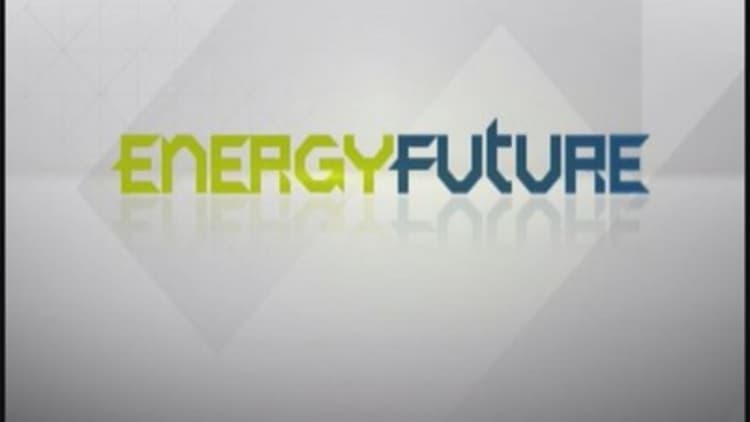
The automotive industry is going through a period of significant change, with the transition from fossil fuel-powered vehicles to electric and hybrid ones.
In the U.K., for example, uptake of electric cars has risen rapidly: the registration of totally electric cars in September 2014 rose by over 180 percent compared to September 2013, according to the Society of Motor Manufacturers and Traders.
For those in the burgeoning electric car industry, the days of gas-guzzlers are numbered. "I think people will look back on this era in the same way we look back on the steam engine," Elon Musk, Founder and CEO of Tesla Motors, has said. "It's quaint and we should have a few of them around in the museum, but it's not how people will drive," Musk added.
View More: Why driving in London will cost you
The race to manufacture electric cars and provide a viable, extensive charging network for them, has begun. "The battle for [the] electrification of cars is far from finished," Carlos Ghosn, Chairman and CEO of Renault, told CNBC's Energy Future.
The battle might not be over, but the question of how to turn the electric vehicle industry into a profitable concern remains as of yet unanswered.
"Many of us in the EV field are scratching our heads wondering how any of these business models are going to work," Bradley Berman, a writer and researcher on electric cars and green transport, said. "When you start to do the numbers, it just doesn't seem like there's enough there," Berman added.
One question that still needs to answered is the strength of the infrastructure supporting electric vehicles. An electric car is not of much use if it's run out of power and miles from the nearest charging point.
Tesla's network of Superchargers enable drivers of its Model S cars to charge their cars for free, providing, "half a charge in as little as 20 minutes." Today, there are 79 stations in Europe, 28 in Asia and 122 in North America, making it possible for Tesla users to travel coast to coast.
Read MoreThe world's biggest energy producers
While other charging networks exist – both public and private – making money out of them is a challenge. "Right now, if you put in a charging station you're unlikely to make or generate revenues from the charging," Ben Scott, an analyst at IHS Technology, told CNBC.
If, however, charging stations are located near traditional businesses, then the cost of entry and maintenance could be offset. "Take an example of the supermarket," Scott added. "You put in a charging station, you encourage electric car drivers to come to your supermarket."
Read MoreCould shale help US beat Saudi Arabia?
Are extensive charging networks dotted around cities needed, though, and could our fears of running out of juice be misplaced? "It turns out that the range is actually a psychological one," Ryan Chin, from the MIT Media Lab, said. "In fact, most people don't travel very far anyway," he added.
Follow us on Twitter: @CNBCWorld




